
OR
800 metric tons of pesticides used in Nepal annually
Published On: July 20, 2022 02:00 PM NPT By: Republica | @RepublicaNepal
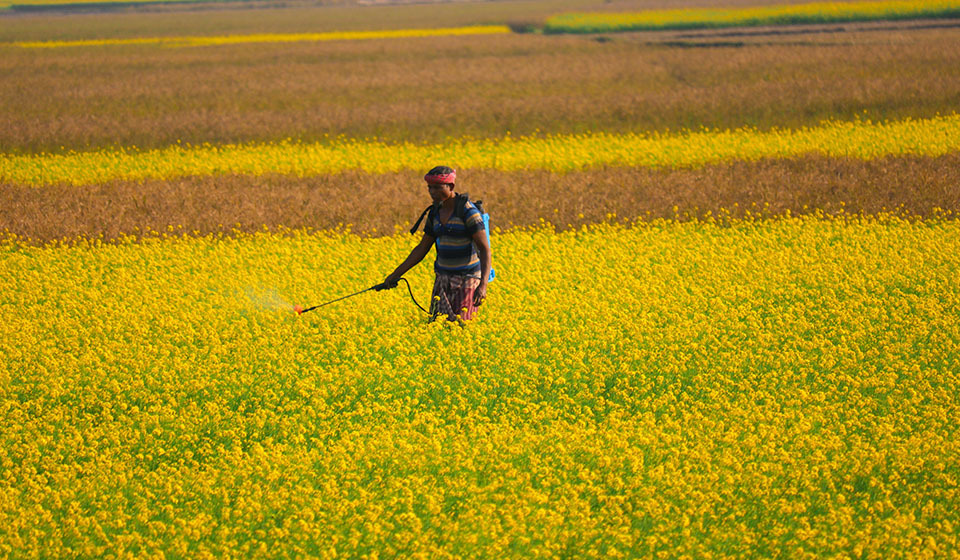
KATHMANDU, July 20: The number of retailers selling pesticides in Chitwan is rising. As farmers are increasingly relying on the use of pesticides, the number of sellers, too, has grown.
According to the Agricultural Knowledge Center, Chitwan, there has been an increase of 56 pesticide sellers this year alone. Yuvraj Pandey, the head of the Center, mentions, “We receive two applications every day seeking permission to sell pesticides.” He added, “Until now, 375 people have received permission to sell pesticides in Chitwan.”
Pandey said that the use of pesticides has increased as a consequence of climate change. “Due to climate change, diseases and insects have been more common in agriculture. To resolve it, agricultural technicians had to allow the use of pesticides,” he said. He remarked that due to the lack of micronutrients in the soil, the use of pesticides is increasing along with the use of chemical fertilizers and the use of advanced seeds.
He said that people have also been opening such shops for employment. “To sell pesticides, one only needs to have passed the 10th grade and receive seven days of training,” he said.
He said that pesticides are being used indiscriminately because the process of giving the approval to sell pesticides has not been occurring satisfactorily. The plant protection officer has the right to permit and approve the sale of pesticides. We don't have a plant protection officer,” he said. Officials from Kathmandu have to come to provide the approval two days a month. As per the Pesticide Control Act of 1991, the license of the pesticide sellers is renewed every three months.
Farmers have been forced to use more pesticides than in the past. Sitaram Aryal, a vegetable farmer of Khairahani Municipality-10 Khurkhure, says that due to this, expenses have also increased. “There is vegetable cultivation in two and a half bighas. The number of pesticides has to be increased every year. This year only, pesticides worth Rs 150,000 were used,” he said. “Four years ago, no more than Rs 50,000 were spent on the purchase of pesticides,” he commented. Aryal complains that the problem has arisen as new diseases have been appearing more recently.
Most vegetables laced with pesticides
While measuring the pesticide contents in various items, the pesticide residue rapid testing lab in Narayanghat found pesticides in most of them. As many as 734 samples were tested and 712 were found to contain pesticides. However, less than 35 percent of pesticides were found in most of the samples. This proportion is considered safe for consumption. Up to 45 percent of pesticides were found in seven samples. According to the Center, such items could be eaten after they were kept in quarantine for a few days. Similarly, 15 samples’ conditions suggested that they needed to be destroyed.
The use of pesticides is also increasing in Nepal. According to the head of Plant Quarantine and Pesticide Management Center, Sahadev Humagain, 800 metric tons of pesticides are used annually in Nepal. “As much as 685 metric tons of pesticides were used in Nepal in 2019. This year, 800 metric tons are being used,” said Humagain. According to him, pesticides have been used the most in vegetable farming. The country has been witnessing the increasing use of pesticides, insecticides, weed killers, bacteria killers, and virus killers. Nepal has banned the sale of 24 types of pesticides. He said that public awareness work is necessary to reduce the use of pesticides.
Human health has also been affected due to the increasing use of pesticides. Deputy Director of BP Koirala Memorial Cancer Hospital, Bhaktapur, Dr Krishna Sagar Sharma says that cancers caused by the consumption of pesticides are increasing now. Skin cancer is more likely to occur due to the use of pesticides. He added that diseases such as diabetes and Parkinson’s also emerge due to consuming fruits and vegetables on which pesticides have been used.
You May Like This

Ichchhakamana farmers earn Rs 100 million from oranges
CHITWAN, Dec 24: Farmers in Ichchhakamana Rural Municipality are poised to make bountiful earnings from orange farming alone. More than... Read More...
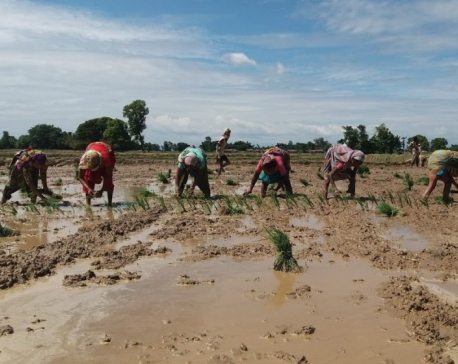
Farmers face difficulty to transplant paddy as water release from Narayani lift delayed
CHITWAN, July 13: Local farmers in Chitwan are facing a significant setback as they were unable to transplant paddy on... Read More...

Farmers in Chitwan earn over RS 65 million by selling seeds
KATHMANDU, JULY 14: Farmers have been earning good incomes by producing seeds in Chitwan. Farmers of Bharatpur Metropolitan City-14, Patihani,... Read More...

_20240508123602.jpg)
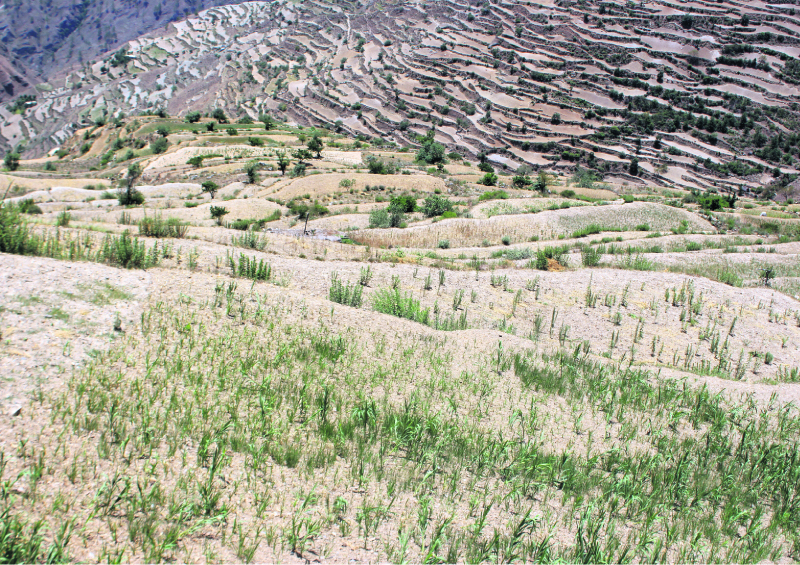
-1200x560_20240508161434.jpg)
Just In
- Drought takes its toll in Humla
- Political parties ‘neglect’ implementing constitutional provision to eradicate untouchability
- NEPSE marginally down by 0.21 points, while daily turnover increases to Rs 2.54 billion
- Govt backs cigarette industry, reluctant to raise tobacco taxes
- Upcoming budget to be introduced in a new manner: PM Dahal
- Indian Idol sensation Menuka Paudel undergoes eye surgery
- Finance ministry allocates additional Rs 10 million for by-election expenditures
- Supporters stage demonstration demanding justice for cricketer Lamichhane (In photos)





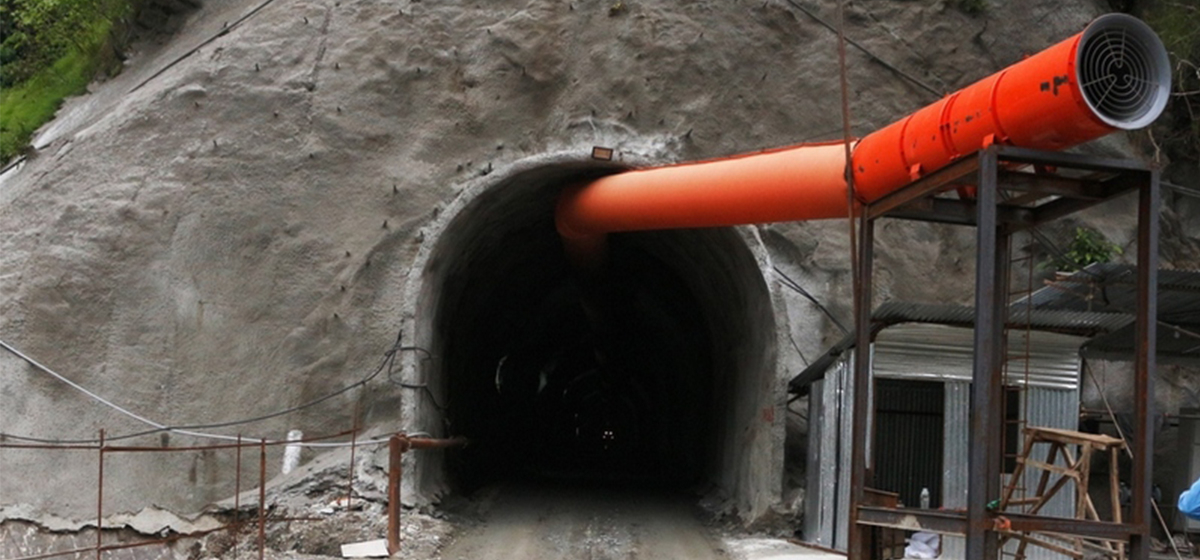
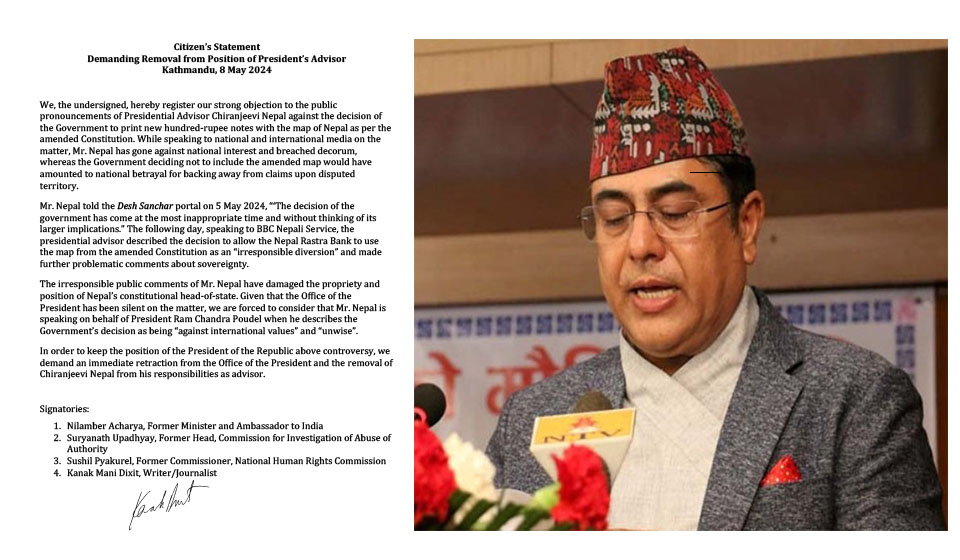
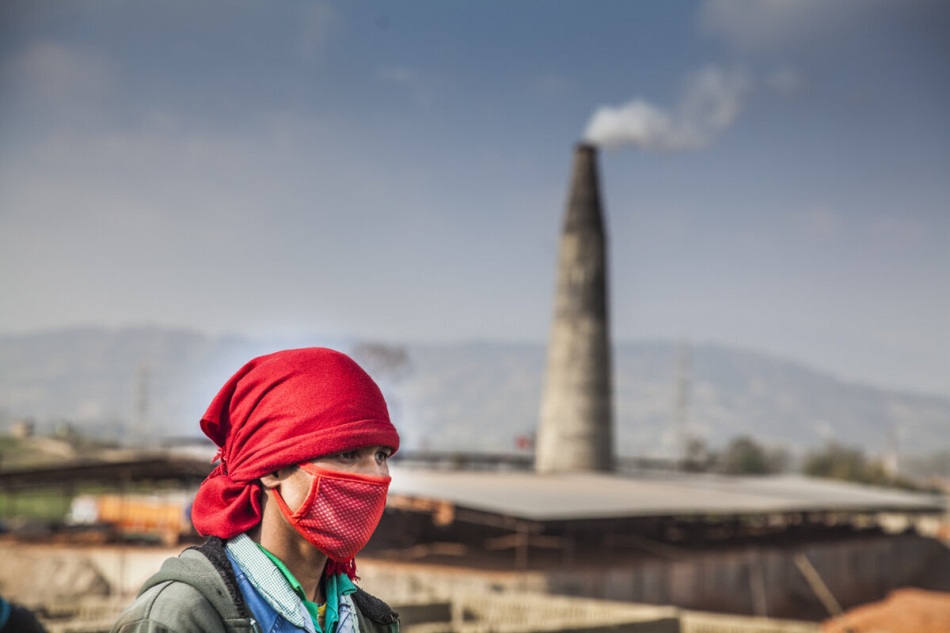





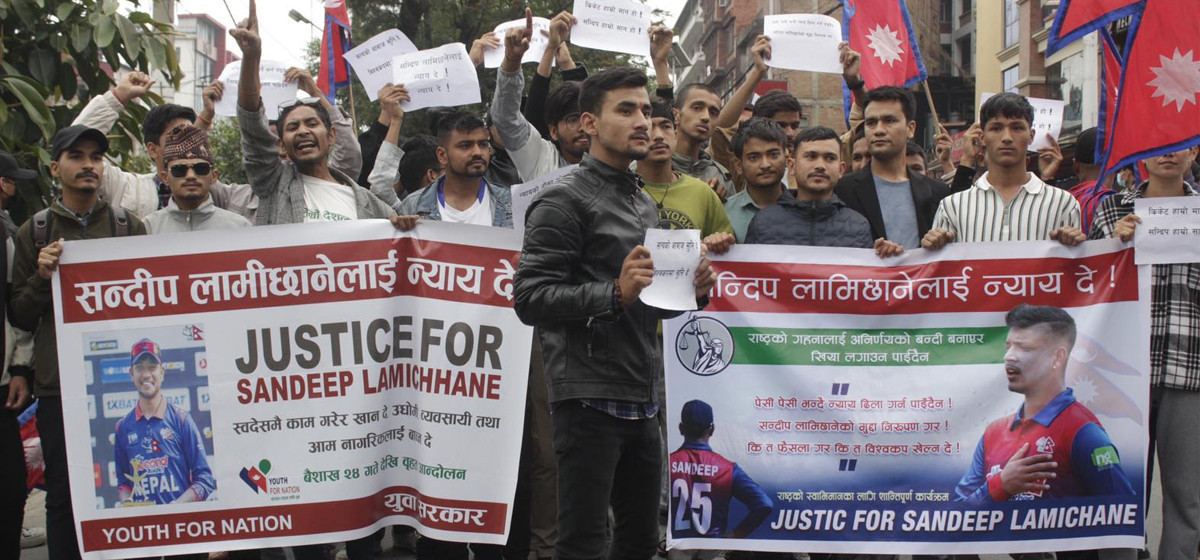
Leave A Comment